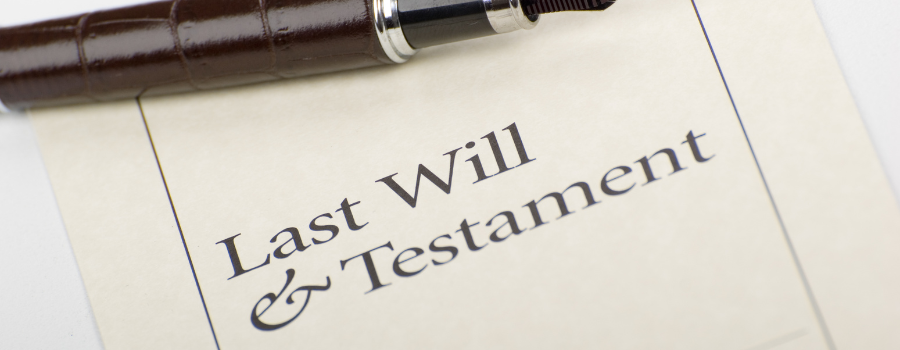
Being asked or appointed executor of a will or estate can, at first, seem overwhelming. The more you understand about the duties involved, however, the more straightforward the tasks involved can be.
Here is an explanation and checklist to help make the process more understandable.
The Role of the Executor
Being asked to be an executor can be challenging, but should be considered an honor. The executor becomes the person responsible for carrying out the final wishes of the deceased while making sure a person’s assets and liabilities are properly disbursed upon their death.
The responsibilities of an executor can be varied. They may include the following activities.
Maintaining Property
An executor is responsible for paying bills associated with a property and keeping it properly maintained.
Maintaining Clear Communications
The executor should ask pertinent questions and manage expectations. They should make sure all involved are kept connected with the process and the progress.
Keep Original Will and Important Documents
The executor should safely maintain all critical documents, including the original will, birth and death certificates, social security and tax information, military service records, and more.
These documents may be required at various times throughout the probate process. It is often suggested up to 10 copies of the death certificate may be needed throughout the process. The executor will also likely need access to documents related to personal debts and insurance.
Preparation and Filing for Probate
The executor, often with the assistance of an attorney or accountant, should start the probate process upon gathering necessary financial information. Generally, items in a trust and proceeds from life insurance avoid probate.
Notifying Creditors and the Government’s
An executor is also responsible for notifying Social Security, banks, and creditors of the death. Be aware, the process can be a lengthy one, lasting months or even years.
Paying Estate Debts & Taxes
The executor is responsible for payments towards the estate until all estate debts are settled.
The executor is also responsible for making sure death and estate taxes are paid, as well as those related to any real estate. Bank statements can often provide details on what expenses may need to be paid.
Dispersal of Assets
Once all financial obligations have been accounted for and satisfied, the executor can then take care of the dispersal of any remaining assets, including financial and personal belongings. The executor remains responsible for making sure all receipts are accounted for.
Of course, each person’s estate is different and could provide different challenges and responsibilities. Perform your due diligence, ask questions, and seek help and guidance as needed.
Determining the executor of your estate in advance can be extremely helpful in the process. So can pre-plan your final services. If you would like assistance, please reach out and contact us.


Post a comment